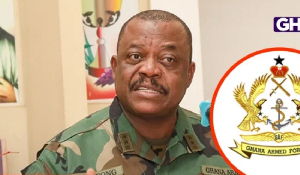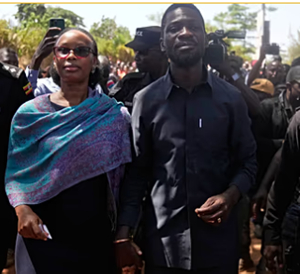The World Bank has approved a credit of $67 million to help the government to complete its decentralization programme in the agricultural sector.
The cash is to be disbursed to people in the rural areas particularly women farmers, traders and food processors under the Agricultural Services Sub-sector Investment Project (ASSIP).
The programme aims at reducing poverty in the rural communities and to ensure an improved food security in Ghana.
The fund will also support the strong presence of agricultural development programmes in the regions, and districts by strengthening the capacities of regional and district administration. It will also benefit farmer-based organizations and to facilitate input distribution.
About 63% of the population is in the rural areas. Agriculture contributes about 38% of the Gross Domestic Product (GDP). A survey in the country put poverty in rural areas at 52% compared to 32% in urban areas, with rural poverty contributing a very high share of 84% to total poverty.
In 1993 the World Bank's Africa Region established a Poverty Task Force to determine how the bank could review current activities and best practices to strengthen its operations and to assist governments in reducing poverty and improve food security in Sub Saharan Africa.
The task force was also charged to recommend actions to enhance the poverty focus of regional initiatives such as the Special Programme of Assistance for Africa and the Global Coalition for Africa.
The report of the task force reflects the numerous discussions with the bank's development partners, the donor community and non-governmental organizations.
The World Summit on Social Development held in 1995 in Copenhagen, and the 1995 Fourth World Conference on Women that was held in Beijing both provide another forum for concern about poverty and the poor situation of women in Africa.
According to the World Bank, the report of the Task Force on poverty in Sub Sahara Africa is meant to stimulate a process of discussion and change. There are signs of progress in the administration of the bank's poverty alleviation funds globally.
In Ghana, some critics of the World Bank believe that the cash allocation of Ghana is likely to be diverted because of the pressures of the election year and the currency crunch facing the nation.
General News of Wednesday, 13 September 2000
Source: Accra Mail (Accra)












